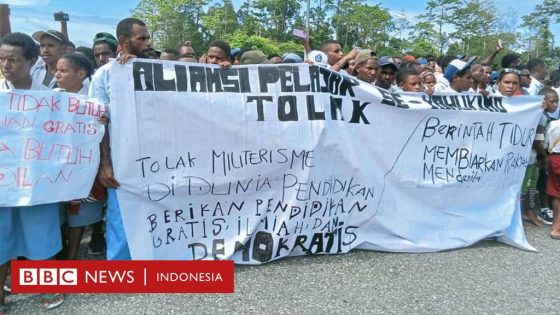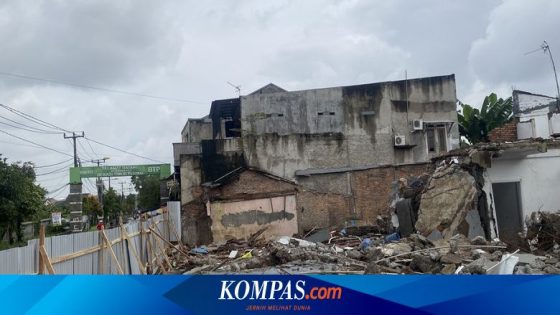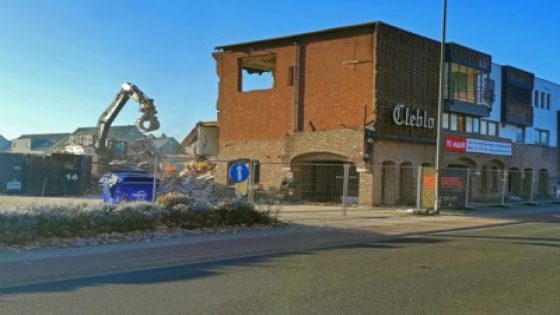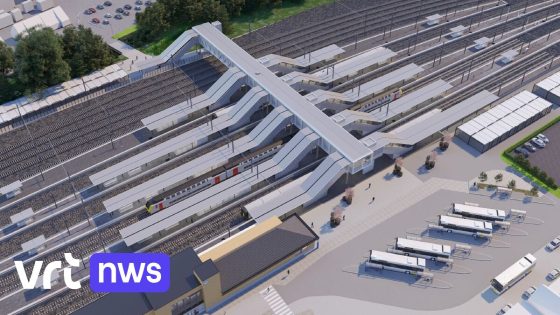On February 3, 2025, over 500 students in Yahukimo protested against the Free Nutritious Meal (MBG) program. Why are they rejecting this initiative? The involvement of the Indonesian National Armed Forces (TNI) in the program raised concerns among the students and local community.
- Students protest against free nutrition program
- Calls for understanding local conflict dynamics
- Demand for free scholarships instead of food
- TNI's role questioned in food distribution
- Local government claims program has benefits
- OPM opposes program, citing health concerns
Why Are Students in Yahukimo Protesting the Free Nutritious Meal Program?
What leads students to voice their concerns about the MBG program? The demonstration reflects deeper issues regarding food distribution in conflict areas. Many students believe that the program, while well-intentioned, lacks sensitivity to the local context.
Understanding the Local Context of the Free Nutritious Meal Program
The MBG program aims to combat malnutrition in Papua, but its implementation has sparked controversy. Local leaders argue that the program should be managed by those familiar with the area’s unique challenges. Here are some key points:
- Students demand educational support rather than food aid.
- Concerns about TNI’s presence during food distribution.
- Calls for a more culturally sensitive approach to aid.
- Need for open dialogue between the government and local communities.
Local Reactions to the Free Nutritious Meal Program
Local officials, including the Yahukimo Deputy Regent, claim the MBG program has received positive feedback. However, students express fear and distrust, questioning the motives behind military involvement. This highlights a disconnect between government intentions and community perceptions.
Broader Implications for Humanitarian Efforts in Conflict Zones
The situation in Yahukimo raises important questions about humanitarian aid in conflict areas. How can programs be designed to ensure community trust? Engaging local leaders and understanding cultural dynamics is vital for success. Programs should prioritize:
- Community involvement in planning and execution.
- Transparency in operations to build trust.
- Addressing the root causes of conflict and instability.
In conclusion, the protests in Yahukimo reflect a pressing need for humanitarian programs to adapt to local contexts. By prioritizing education and community engagement, future initiatives can foster trust and cooperation.

































